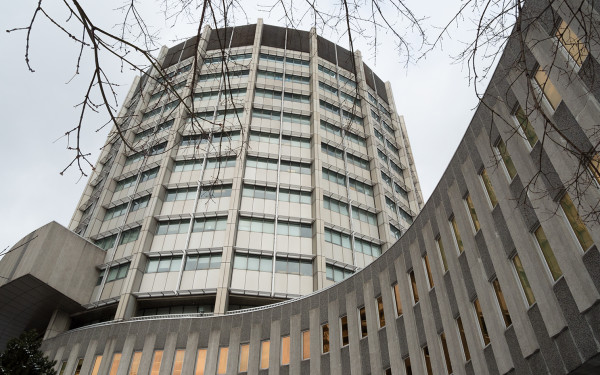The deportation of Mamadou Konaté
Essential worker experiences reveal the shortcomings of the current immigration system
Mamadou Konaté is one of the frontline workers who faces possible deportation.
His deportation was initially set for Nov. 19, but has been delayed until an official decision regarding his status is made.
Konaté has lived in Montreal for the past five years after seeking asylum in the same province. In 2016, he fled his home country, the Ivory Coast, following the end of a civil war.
Working in three different long term care homes, he contracted COVID-19 and immediately continued working after recovery.
Despite working as an essential worker, he was ineligible for the “guardian angel” program—an initiative to grant permanent residency to asylum seekers, who worked on the frontline during the pandemic.
Konaté’s work as a janitor did not fall under the program's strict conditions for application—suggesting that only those who had direct contact with patients such as nurses and doctors were eligible. However, Konaté said he was just as at-risk to the virus whilst working as a janitor.
Activist groups such as Amnesty International, Québec C’est Nous Aussi, and Solidarity Across Borders are calling for his deportation to be cancelled. They are joined by Quebec Solidaire spokesperson, André Fontecilla, and NDP Federal Deputy, Alexandre Boulerice.
His supporters say that his experience is another example of Canada’s larger exploitative and racist immigration system.
Konaté appealed his deportation in court on Nov. 10—he now awaits to hear whether or not the appeal will be accepted.
He says he has settled here and that leaving would mean having to say goodbye to Quebeckers who he considers family.
“I may not have brothers and sisters from the same mother and father - but many of the Quebecois people I have come to know are more than [family] to me,” explained Konaté.

_600_832_s.png)

_600_375_90_s_c1.jpg)
_600_375_90_s_c1.jpg)

